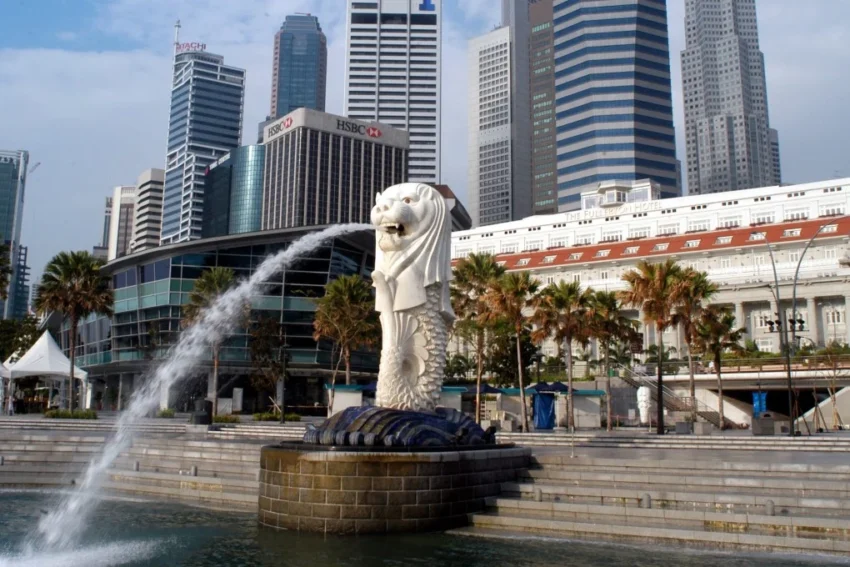In a recent report that has captured the attention of policymakers and economists alike, an official survey has revealed that households in Singapore are spending more even as their incomes are rising at a faster rate. This trend highlights a significant shift in consumer behavior and economic dynamics within the city-state, providing crucial insights into the financial wellbeing of families and the consumption patterns shaping the local economy.
Key Findings of the Survey
The latest Household Income Trends report, released by the Ministry of Manpower (MOM) and the Department of Statistics, highlights several important findings:
- Rising Incomes: The median household income in Singapore has shown a robust increase, growing by 4.2% in nominal terms from the previous year. This growth rate has outpaced inflation, which stands at around 1.5%. As a result, real income growth translates to increased purchasing power for families.
- Increased Spending: Alongside rising incomes, the survey indicates that household expenditure has also surged. On average, households spent approximately 5.7% more than in the previous year. This jump in spending is believed to stem from a combination of factors, including pent-up demand post-pandemic, the desire for better living standards, and increased participation in leisure activities.
- Shifts in Consumption Patterns: The report indicates a notable shift in the types of goods and services households are prioritizing. Spending on essentials such as groceries and health services remains essential, but there has been a marked increase in discretionary spending. Families are allocating more of their budgets to travel, dining out, and entertainment, reflecting a newfound enthusiasm for experiences after enduring lockdowns and restrictions during the pandemic.
Implications for the Economy
The findings of this survey carry significant implications for Singapore’s economy:
- Economic Resilience: The fact that household incomes are rising faster than spending suggests a resilience in Singapore’s economic framework. As families enjoy increased financial security, they are more likely to contribute to economic growth through consumption, which is a major driver of Singapore’s GDP.
- Consumer Confidence: The propensity for households to spend more indicates a general positive sentiment among consumers. Higher confidence levels can lead to continued spending, further supporting economic recovery and growth in various sectors, including retail and service industries.
- Policy Considerations: As the government aims to navigate inflation and manage the cost of living, these findings must inform policy decisions moving forward. Efforts to bolster wage growth and ensure that social safety nets remain robust will be paramount in maintaining the balance between living costs and income levels.
Challenges Ahead
While the survey paints a largely positive picture, it also raises several challenges that need to be addressed:
- Cost of Living Concerns: Despite rising incomes, many households still express concerns about the high cost of living in Singapore. Real estate prices, education costs, and healthcare expenditures can strain household budgets. Policymakers must prioritize affordable housing and ensure accessible healthcare options to alleviate these pressures.
- Income Disparities: The survey also hints at the existence of inequalities, as certain demographics may lag in income growth. Addressing these disparities through inclusive policies is critical for fostering a cohesive society where all families can thrive.
- Sustainability of Spending Trends: While rising incomes have led to increased spending, it remains to be seen whether this trend is sustainable in the long term. Economic fluctuations, global uncertainties, and inflationary pressures could impact household confidence and spending habits in the future.
Conclusion
The recent survey highlights a period of optimistic economic activity in Singapore, characterized by rising household incomes and increasing expenditure. While this bodes well for the consumer-driven economy, it simultaneously underscores the need for vigilant policy planning and support systems that can adapt to the evolving needs of households. With a proactive approach, Singapore can leverage this period of growth to enhance the quality of life for all its residents, ensuring that the benefits of economic progress are shared widely across the community.










